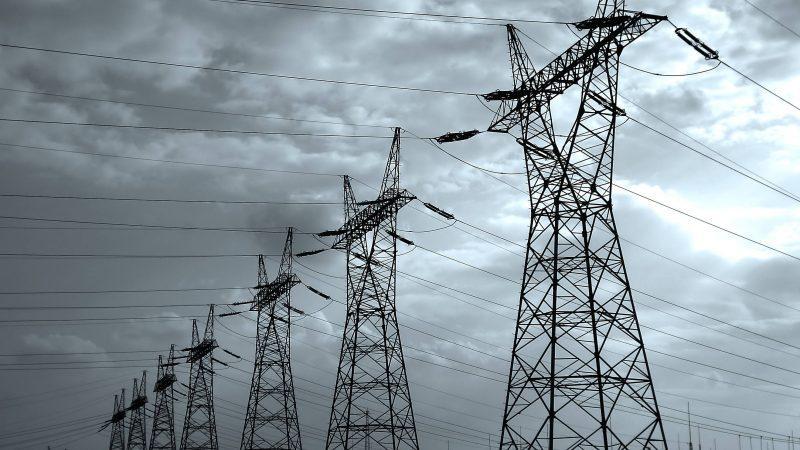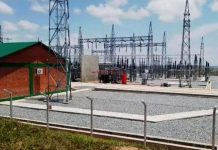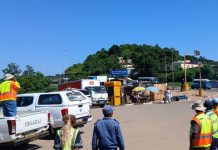Africa-Press – Eswatini. Energy security is a major concern as Eswatini imports up to 70 per cent of its electricity from South Africa.
To address dependency on power import, the Government of the Kingdom of Ewatini has recently updated its Generation Master Plan, which includes the development of a significant coal plant (200-300MW) in the country along with renewable energy development to increase domestic installed capacity to 1GW by 2050.
This would require a cumulative domestic capacity increase of about 700MW within 20 years. While the government’s expenditure on education (5 per cent of GDP in 2021) exceeds the Low- or Middle-Income Country (LMIC) average and near-universal access to primary education has been achieved, education quality is insufficient; access and retention are low in secondary school; and the education system is not responsive to the labor market.
In 2017, Eswatini was ranked 136 out of the 139 countries captured on the International Labour Organization (ILO) Skills Mismatch Index. Eswatini spends relatively more on health and education than its neighbours in the region.
For More News And Analysis About Eswatini Follow Africa-Press







